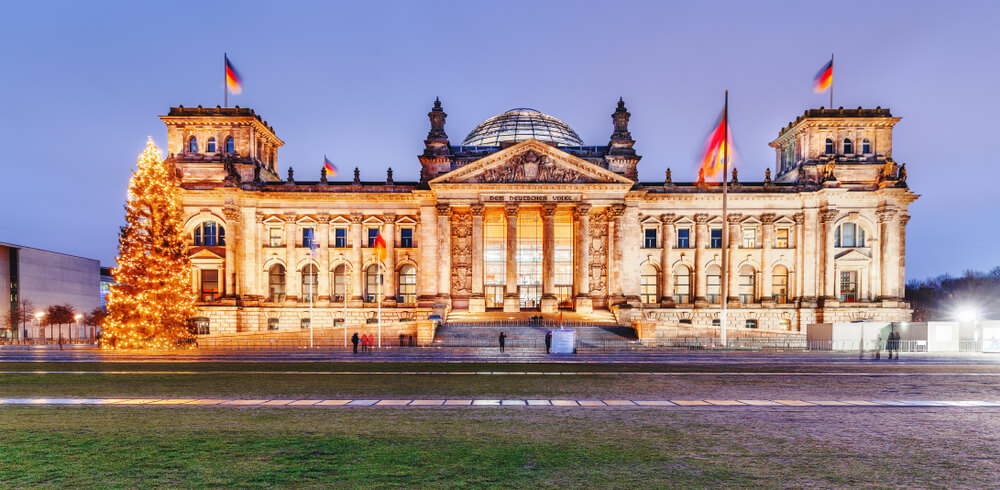AGRINIO, Greece — There is not a dark cloud hanging over Europe. There are a bunch of them. Taken together they account for a sense of foreboding, not quite despair, but a definite feeling that things are unraveling and, worse, that there is no leadership — second-raters at all the national helms. That was the near consensus at the annual Congress of the Association of European Journalists here in lovely western Greece.
In a class by itself in worries in Europe is Russia. It is creating trouble all over Europe, but especially in the countries that made up the former Soviet Union. It has a propaganda effort the likes of which has not been seen since the days of the Cold War — except modern technology and its social media manifestation have made it more deadly, surreptitious and deniable.
The problem is one that affects news organizations directly. Fake events vie with pernicious posting on social media and relentless cyber-undermining of systems and processes.
Disparaging democracy seems to be a primary Russian goal, making it appear unworkable.
When will Russia move from soft war to hard war? The current standoff over Crimea augers badly for vulnerable Russian neighbors, particularly the Baltic states of Estonia, Lithuania and Latvia. They are battling massive Russian undermining of truth and wonder whether they will fall again to the Russian bear.
Add to this fear a new dynamic: What will America do if Russia moves? The fear is it will do nothing. President Donald Trump’s haranguing of the NATO allies is not reassuring to them.
After the existential worries about Russia, comes Brexit. It is here and now. It is, in the eyes of continentals, a ghastly mistake that is going to cost all of Europe dearly. And what for? The vague shibboleth of “sovereignty.” Euros remain sadly hopeful that somehow there will be a second referendum in Britain and that everything will be as it was: Britain being a stabilizer among the 28 nations that make up the European Union.
Since Britain’s entry in 1973, it has been a fundamental side of an iron triangle of the three big economies: Germany, France and Britain. Britain has been an older sibling, the sensible one. Now the odds are that it will be gone, headed for an uncertain future leaving behind the wreckage of a broken marriage and squandered hope for what Tony Blair, the former Labor prime minister, used to call the “European Project.”
Hungary and the ultra-right policies of Viktor Orban are a very great worry in Europe. Similarly, Poland’s shift to the right and the success of right-wing, near fascist parties across Europe, including Austria (heretofore a center of cautious reasonableness), add to the sense of disintegration.
Two other worries are France and Italy. Along with Hungary and Poland, Italy, with an amalgamated government of the ultra-right and ultra-left, looks as determined as the other two to thumb its nose at the European Union and its rules, maybe to withdraw even. Hungary does it over press freedom and human rights, Italy over fiscal probity and open hostility to the EU.
France is a different story. Emmanuel Macron, the young president was, briefly, the great hope of Europe, but his popularity at home has slid and he has had to turn back his ambitious reforms after street demonstrations, violence and fatalities.
Add to all this shifting sand the uncertain future in Germany where Chancellor Angela Merkel is on her way out and, suddenly, she seems a more desirable leader than she was thought to be during her tenure.
Feeding the swing to the right and as far from resolution today as it was when it began, illegal immigration is an undermining pressure, un-addressed on the left and exploited on the right.
Meanwhile, across Europe press freedom is teetering: a big issue at this congress. As a Bulgarian delegate said to me, “When the press goes, so goes democracy.” Then she added, “We thought that, in some way, America would help, but not now. We are on our own.”
Europe will have a fine Christmas — it does Christmas so well. Next year though, some of the stresses may reach breaking point and the carols will have given way to uglier, discordant notes.
Photo: Germany: Bundestag building decorated on Christmas holidays.

 Follow
Follow
Leave a Reply